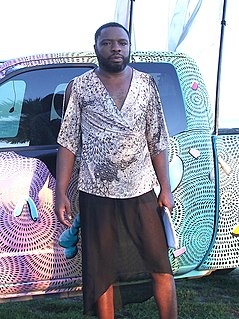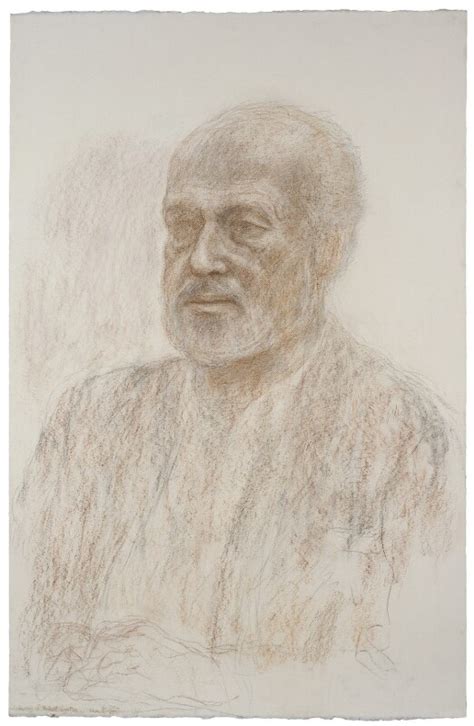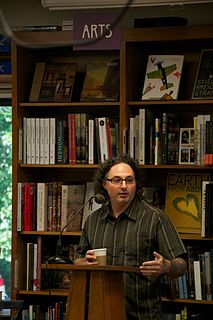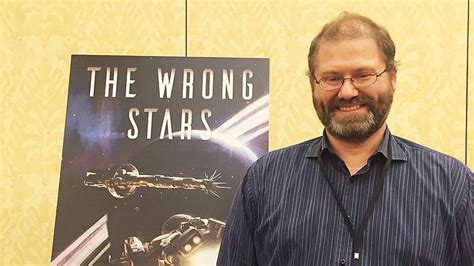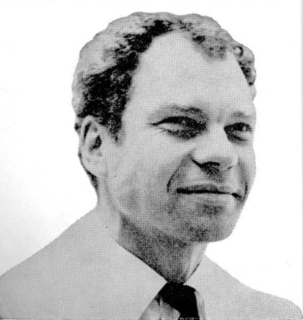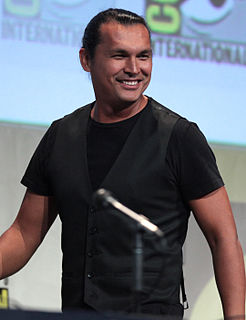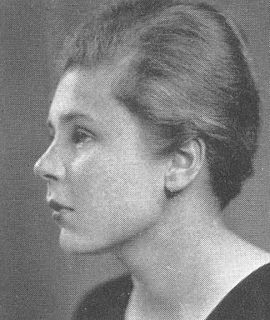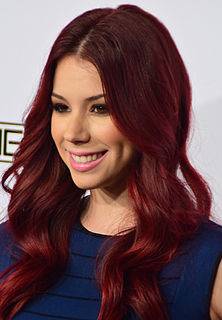A Quote by Kalup Linzy
I was trying to release emotions, exercise emotions, and then I entered the art world. Even after grad school, some of [the earlier works] were still lingering in my head. I realized there were some pieces where I felt that I had to respond to the criticism.
Related Quotes
All human action is expressive; a gesture is an intentionally expressive action. All art is expressive - of its author and of the situation in which he works - but some art is intended to move us through visual gestures that transmit, and perhaps give release to, emotions and emotionally charged messages. Such art is expressionist.
A great emotion is too selfish ; it takes into itself all the blood of the spirit, and the congestion leaves the hands too cold to write. Three sorts of emotion produce great poetry - strong but quick emotions, seized upon for art as soon as they have passed, but not before they have passed ; strong and deep emotions in their remembrance along time after ; and false emotions, that is to say, emotions felt in the intellect. Not insincerity, but a translated sincerity, is the basis of all art.
Except even at the start, when we were in that can't-get-enough-of-you-phase, there was like some invisible wall between us. At first I tried to take it down, but it took so much effort to even make cracks. And then I got tired of trying. Then I justified it. This was just how adult relationships were, how love felt once you had a few battle scars.
If I was feeling angry, I had to investigate not just who or what I was angry at, but why. And then I had to do the hard part and ask myself: Are you justified in where your anger is being directed? So, while I allowed my emotions to be valid, I knew that if I were to use them constructively, in the service of art, then I had to look at them dispassionately. Some might call this therapy, and I suppose it was. But I also had a goal that was larger than just healing myself, which was connecting to an audience.
I know I felt like I was ready to be an adult long before the rest of the world agreed. I'd already realized that a lot of grown-ups didn't know any more than I did, and some of them were even dumber than I was, and even the ones who were smarter weren't using their smarts for things I necessarily considered worthwhile.
Even then, more than a year earlier, there were neurons in her head, not far from her ears, that were being strangled to death, too quietly for her to hear them. Some would argue that things were going so insiduously wrong that the neurons themselves initiated events that would lead to their own destruction. Whether it was molecular murder or cellular suicide, they were unable to warn her of what was happening before they died.
Acting has made me embrace my childhood. It's become some weird form of therapy. It's like I have a place where I can release all of these emotions. When I was playing Ira Hayes, I didn't have to think about the death of my parents directly. It's just there. I can blend it into Ira's character. I can use Ira's emotions as an outlet.
And some days, he went on, were days of hearing every trump and trill of the universe. Some days were good for tasting and some for touching. And some days were good for all the senses at once. This day now, he nodded, smelled as if a great and nameless orchard had grown up overnight beyond the hills to fill the entire visible land with its warm freshness. The air felt like rain, but there were no clouds.
Toward the end of the campaign, we interviewed some voters in Raleigh, N.C., which is a generally Democratic city, and I'm thinking of a young couple. They had two kids. They described themselves as Christian. They oppose gay marriage. And they were saying that even though they didn't like Donald Trump, they were thinking of voting for him. And one of the reasons was they felt that they were - their very views were making them socially unacceptable. They were feeling a little alienated from the world.
